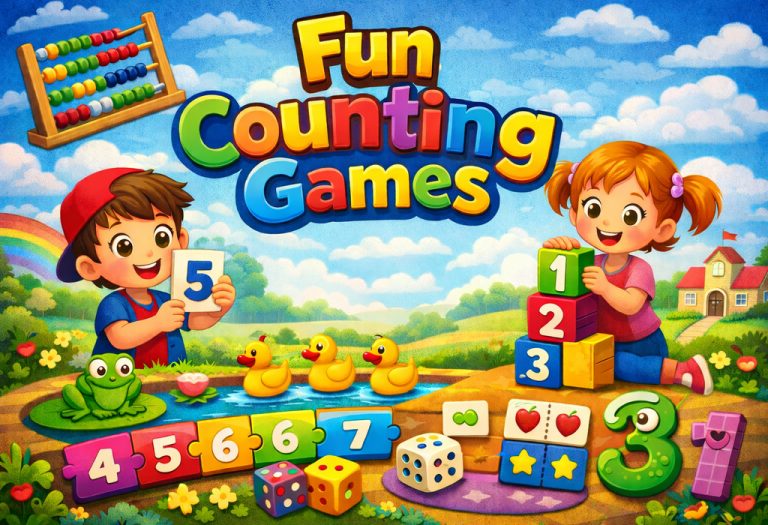Baby Vitamins – Necessity and Common Supplements

When it comes to supporting a baby’s growth and development, proper nutrition is essential, and sometimes, that includes vitamin supplementation. While breast milk or formula usually covers most of these needs in the early months, as a baby grows, the body’s demand for nutrition also increases. A well-balanced diet is key to achieving this. However, in certain cases, there might be a need to complement the current routine with supplements. That’s where baby vitamins come in. These are usually recommended by doctors, but it is important to understand why supplements are necessary at all. In this article, we’ll learn why vitamins for newborns might be necessary and take a look at some of the most common infant vitamins parents should know about.
Does Your Baby Need Vitamins?
For most babies, breastmilk or formula milk is all that they are given in the early years. For older babies, certain solid food items might be introduced gradually. But despite that, vitamin supplements might be required by some babies. These are usually the ones who are suffering from health conditions or are born with them, where the body cannot synthesise certain elements well. Premature babies usually face these issues. Also, the mother’s diet plays a key role in ensuring the baby’s nutrition. So if the mother is strictly vegan or is on a specific diet that lacks wholesome nutrition, your baby might need that separately.
Supplements are generally not harmful to the toddler as long as they are within the recommended dosage. No supplements should be initiated without the recommendation of your doctor.
What if You’re Breastfeeding Your Baby?
Breastmilk is usually considered the best food for babies, especially for a newborn child. As much nutrition and antibodies it might have, breastmilk usually does not contain Vitamin D and iron in the quantities that are needed. One is highly required for healthy bone development, while the other is the core element in blood and brain development. In such cases, additional supplements for Vitamin D and iron are usually recommended by doctors for the child. Even though you might switch to eating food items that rich in iron, a supplement is still required since the demand for iron is quite high in babies (1).
These vitamins for babies are also available in the form of a syrup that is lightly flavoured to favour the baby’s tastes. You can either administer drops directly to the baby or mix them with breastmilk if he is on the bottle. The Vitamin D through sunlight is usually a synthesis process and sun’s rays might not always be the best bet for your baby, too.
What if You’re Formula Feeding Your Baby?
If you are facing breastfeeding issues and your baby has his daily food from formula-based milk, the requirements are completely different in these cases. Most of the baby formulas that are available in the market are boosted with supplements of Vitamin D and iron, along with a bunch of other elements that are all essential for a healthy development. All of these are well absorbed by the body as long as the daily quota of the formula is met.
As your child grows up and starts opting for solids over formula, the daily quota will undergo a reduction. In such a case, it would be necessary to check if the vitamin contents are still at an optimal level or not. Your doctor might advise you to start your baby on supplements when there is a good ratio of solid food to formula.
Most Common Supplemental Vitamins for Infants
Here are some of the common vitamins that are recommended for infants.
1. Vitamin D
This is one of the core supplements that doctors highly advise for babies when they are growing up. Vitamin D and Vitamin D3 for babies are together responsible for good bone development. Sunlight is one option, yes, but babies cannot be exposed to the sun for a long duration. Therefore, opting for diet choices such as eggs and fishes can help bring up the Vitamin D content. If your baby has started having solids, he can be introduced to a little bit of cereal liquid as well. These are usually fortified with Vitamin D and can help him attain the daily quota (2) (3).
2. Vitamin A
Another vitamin that plays an important role in the development of eyes, strengthening the immunity system, and keeping the quality of skin healthy and clear. Vitamin A can be easily obtained in various fruits and vegetables as well as dairy products. Fat spreads that are Vitamin A fortified, carrots, mangoes, sweet potatoes, dark green vegetables, are great sources of Vitamin A (4).
3. Vitamin C
This is one of the easiest vitamins to be obtained and to be maintained at a good level in the body. Most babies do get the necessary amount through natural means since a lot of fruits and vegetables, such as broccoli, peppers, tomatoes, kiwi, oranges, lime, and so on contain Vitamin C in substantial quantities (5).
4. Iron
This one is a little tricky to manage since mother’s milk does not contain iron. The baby’s development requires it in quite large quantities. Any skimping on it can cause physical conditions to manifest in the child as well as behavioural issues and delays in healthy development. Formula-based feeding can help attain that quantity and certain cereals do have fortified iron in them (6). If your baby is premature, he needs iron supplements irrespective of whether his diet is proper or not (7).
5. DHA
Out of the multiple omega-3 fatty acids, DHA is a core one that acts directly on the development of brain and eyesight (8). This can be easily transferred to the baby via breastmilk if the mother ensures having DHA rich food items in her diet. Most baby formulas have DHA in them. This is usually found in meat, which is why mothers who are vegetarians or on a strictly vegan diet, might need supplements of DHA to ensure their babies get a good quantity.
6. Fluoride
As your baby grows up, the requirement for fluoride will start making itself felt, right from the time the first teeth emerge. Supplements of fluoride are present but they do have the side effect of staining the teeth. Fluoridated water is a better choice in that regard. Most of the water available in cities does have fluoride in it. If you usually make use of groundwater, your doctor might recommend an alternative (9) (10).
7. Vitamin B12
Vitamin B12 is essential for healthy brain development and the production of red blood cells. It’s mainly found in animal-based foods like meat, eggs, and dairy. Babies whose mothers follow a vegetarian or vegan diet may not get enough B12 through breast milk alone. A deficiency can lead to fatigue, poor growth, and developmental delays. In such cases, doctors may recommend a supplement for both the mother and baby to ensure proper levels (11).
8. Vitamin K
Unlike other vitamins, Vitamin K is typically given as an injection shortly after birth, rather than as an ongoing supplement. This is because newborns naturally have very low levels of Vitamin K, which is essential for blood clotting. Without it, they’re at risk of a rare but serious condition called Vitamin K Deficiency Bleeding (VKDB). This one-time dose helps ensure their blood can clot properly and prevents internal bleeding (12).
FAQs
1. Should I give my baby Vitamins if he’s a picky eater?
Your child could be one of those that make the most disgusting faces when he sees any green leafy vegetables. He might totally distaste having vegetables completely, and you cannot force him to eat it at a very young age. Ensuring that other dietary choices are rich in the requisite vitamins is a good technique to undertake. In case you have a doubt if your baby does have the right diet or not, your doctor might recommend taking a blood test to confirm it and then opt for prescribing supplements if needed.
2. Can I give multivitamin to my baby?
Multivitamin syrup for infants can be easily found in the market. These contain a wide range of nutrients in a variety of quantities. That being said, there are certain chances that a particular element could cause a side effect in your baby if it is not present in the right dosage. It is good to stay away from multivitamins unless the doctor explicitly prescribes one for your baby.
3. Should I be concerned about vitamin supplements?
Take the right precautions in ensuring that supplements are given in the requisite quantities, even if your baby keeps asking for more. If your baby can move around, keep the supplements on higher ground so that he can’t reach and eat them up.
4. Can I stop giving supplements once my baby eats more solids?
It depends on the nutrient and your baby’s diet. While solid foods provide more vitamins and minerals, some nutrients like Vitamin D are still hard to get in the right amount from food alone. Your paediatrician will guide you on when and if it’s safe to stop.
Vitamins and other minerals play an essential part in the baby’s development. But be it iron supplements for babies or any other multivitamins, the healthy name should not take away from the fact that these are artificial external doses. All of these can work well only when they are in the quantities that are required. With this in mind, your baby can continue growing healthily and soon start himself on a full-fledged solid food diet.
References/Resources:
1. PubMed – Do breastfed infants need supplemental vitamins?
2. American Academy of Pediatrics – Vitamin D for Babies, Children & Adolescents
3. World Health Organization – Vitamin D Supplementation for Infants
4. National Library of Medicine – Vitamin A Supplementation in Infants and Children 6–59 Months of Age.
5. NHS – Vitamins for children
6. Centers for Disease Control and Prevention – Infant and Toddler Nutrition
7. American Academy of Pediatrics – Where We Stand: Vitamin D & Iron Supplements for Babies
9. Nemours KidsHealth – Fluoride
10. American Academy of Pediatrics – Where We Stand: Fluoride Supplements
11. Centers for Disease Control and Prevention – Vitamin B12 and Breastfeeding
12. Centers for Disease Control and Prevention – Vitamin K
Also Read:
DHA for Babies and Kids
Banana Powder for Infants
How to Increase the Appetite of a Child
Was This Article Helpful?
Parenting is a huge responsibility, for you as a caregiver, but also for us as a parenting content platform. We understand that and take our responsibility of creating credible content seriously. FirstCry Parenting articles are written and published only after extensive research using factually sound references to deliver quality content that is accurate, validated by experts, and completely reliable. To understand how we go about creating content that is credible, read our editorial policy here.







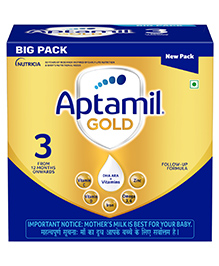
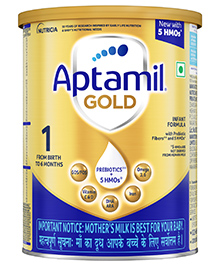
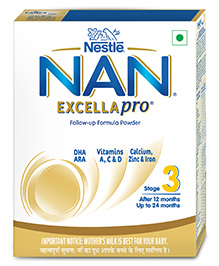
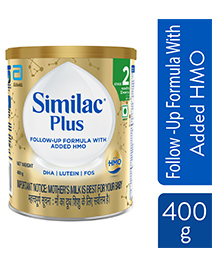
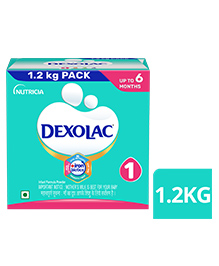
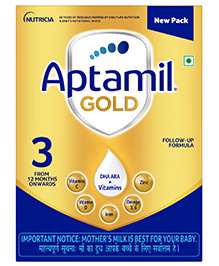
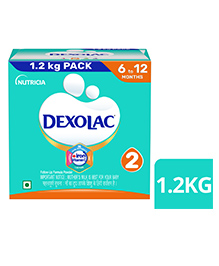
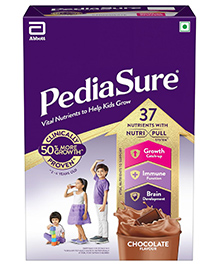
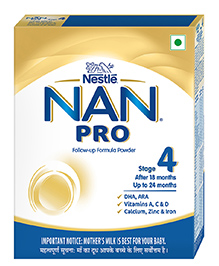
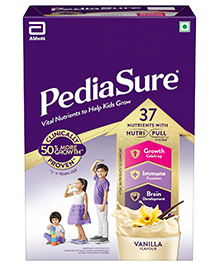

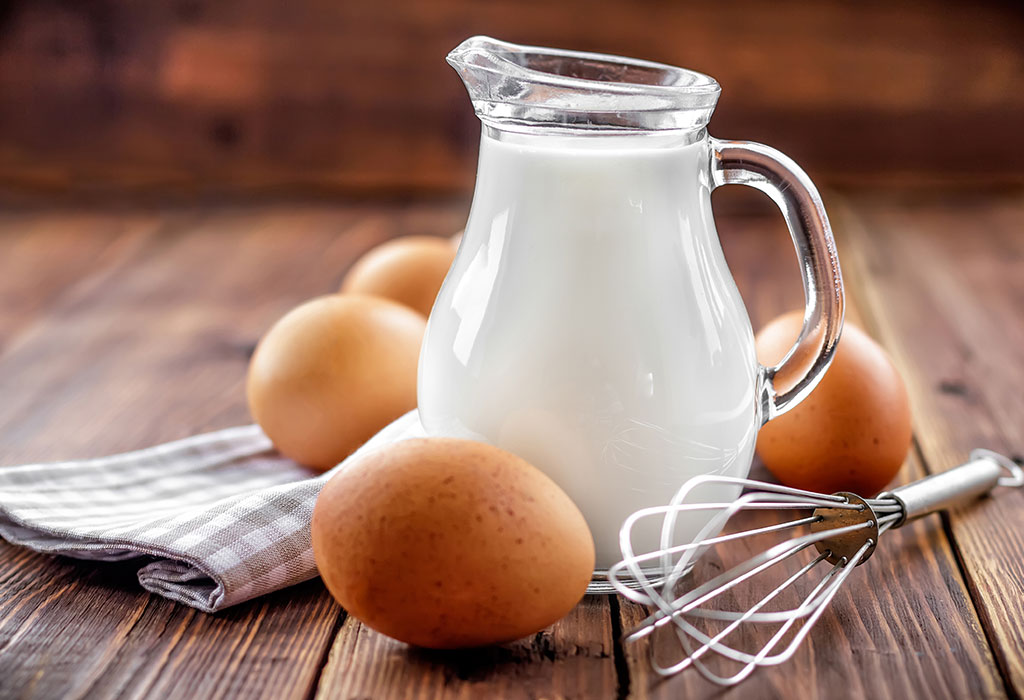
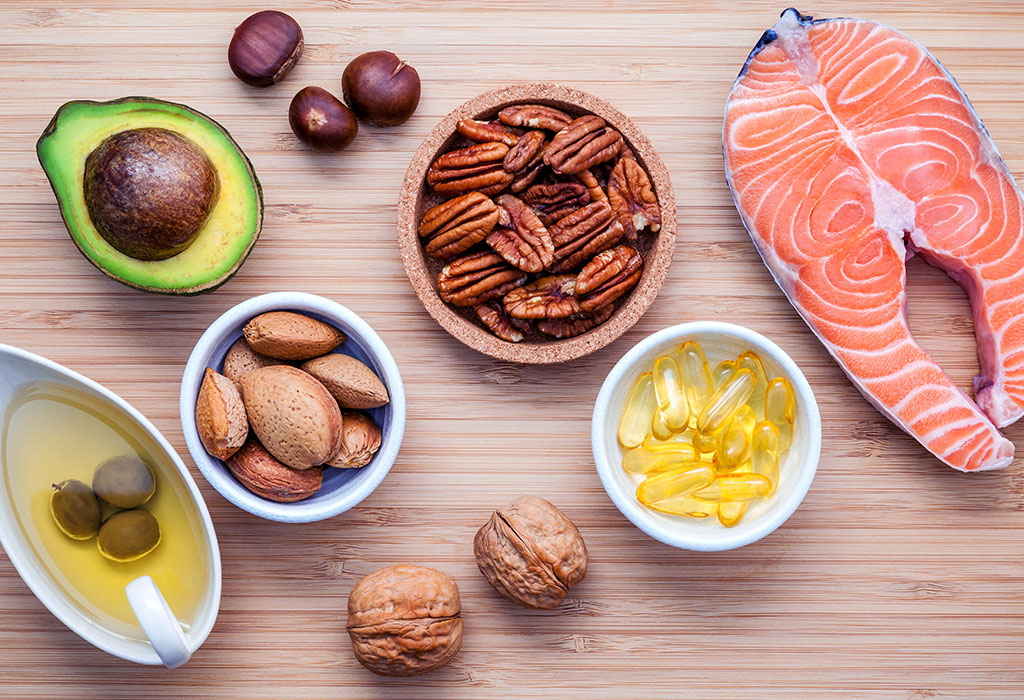

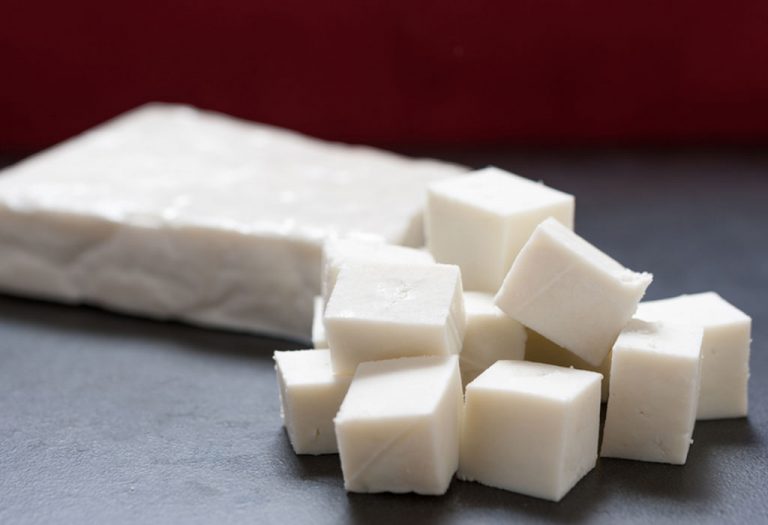


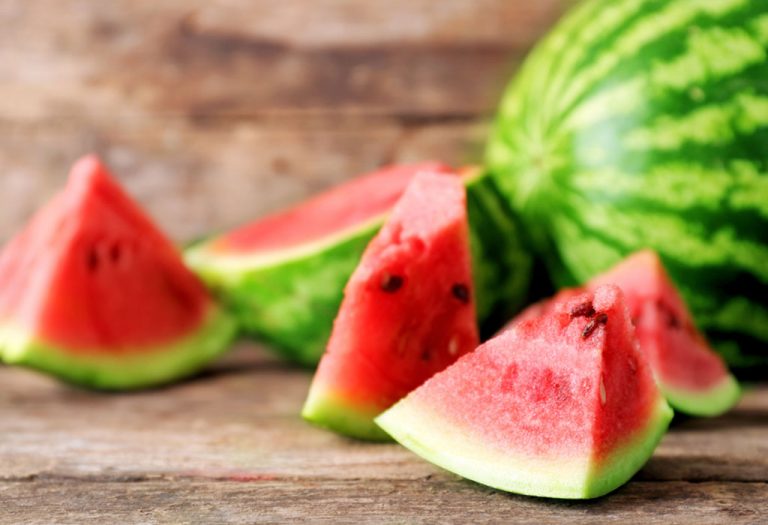



.svg)








